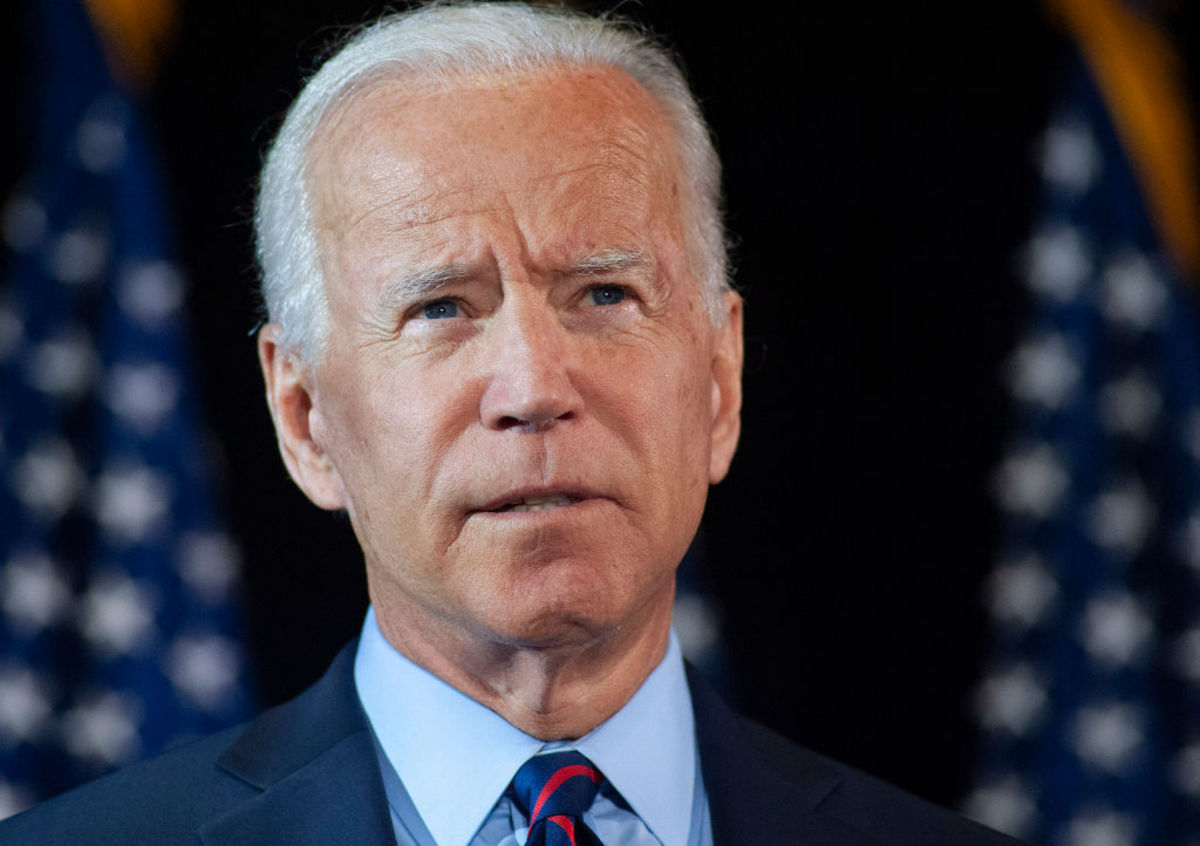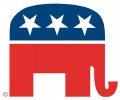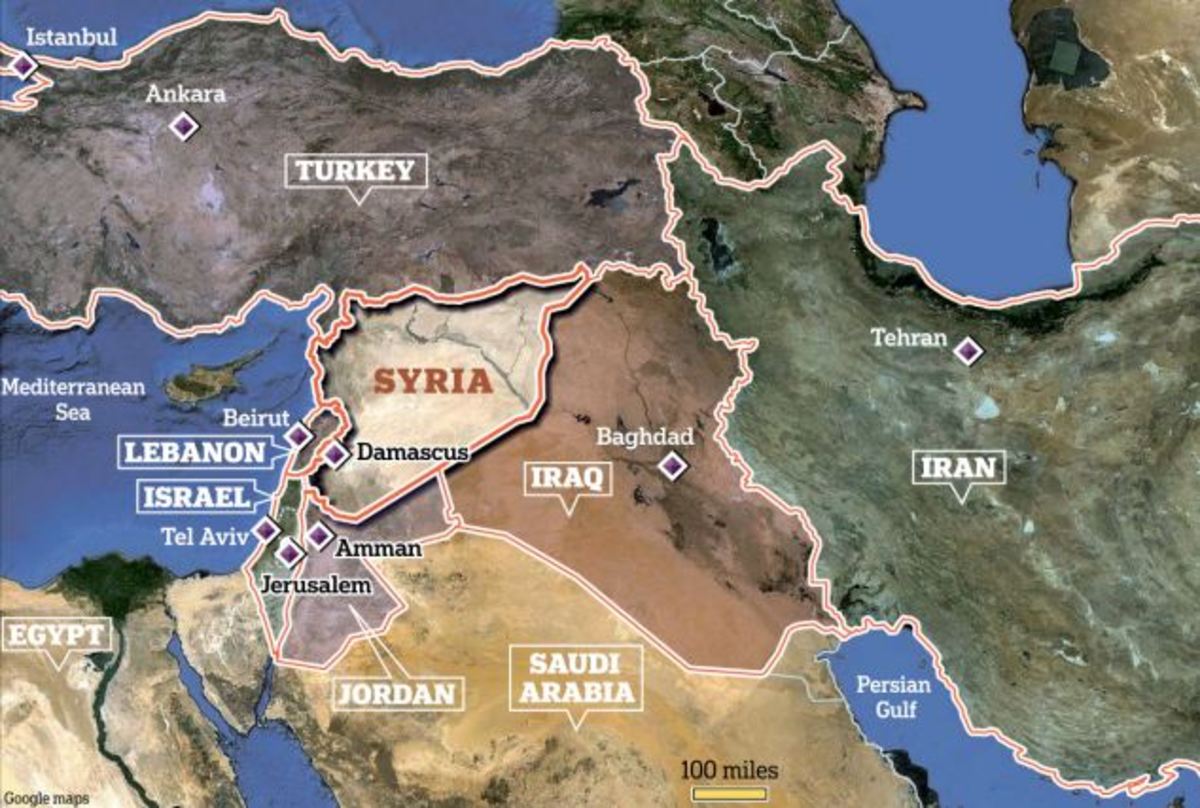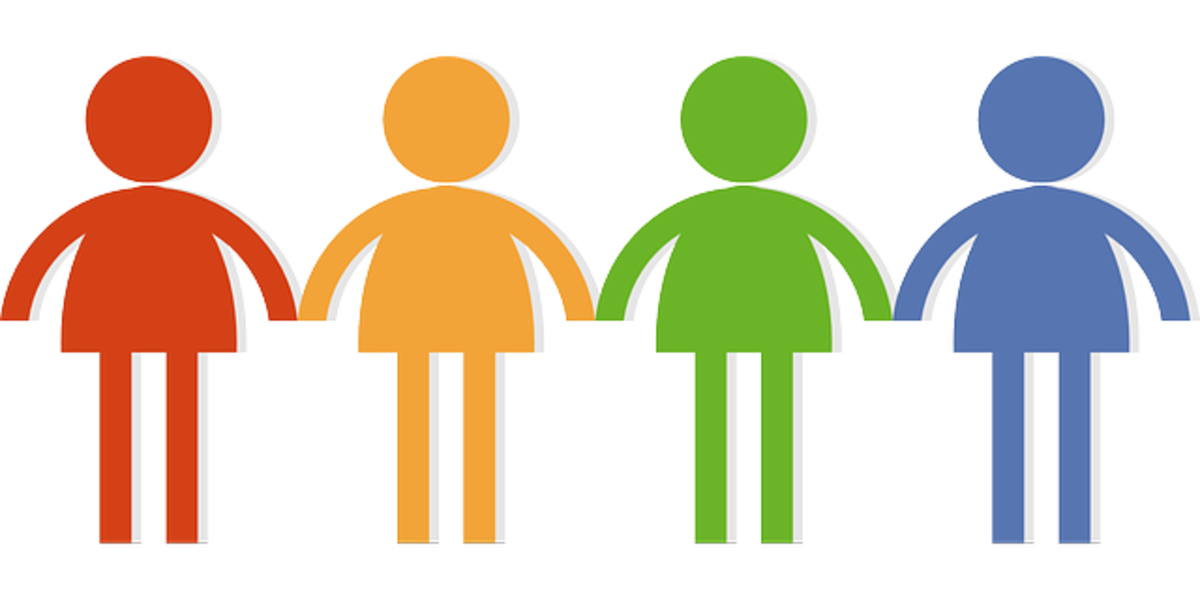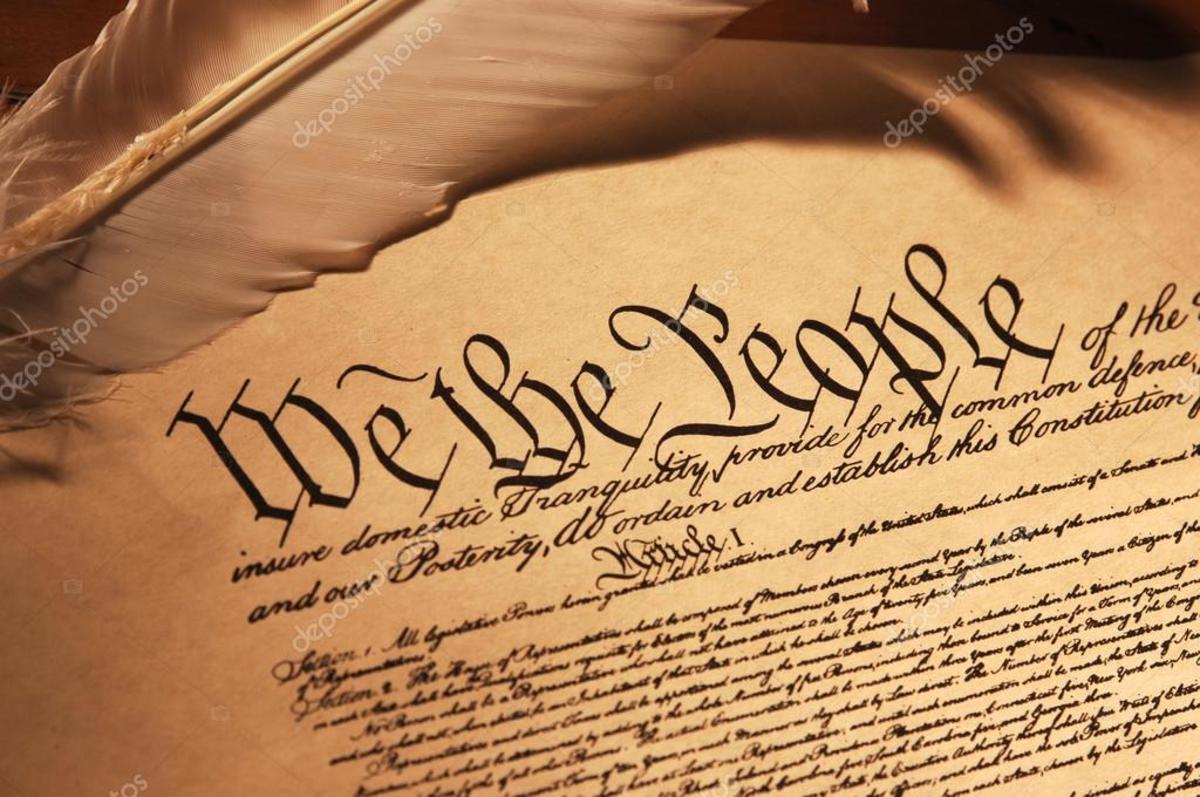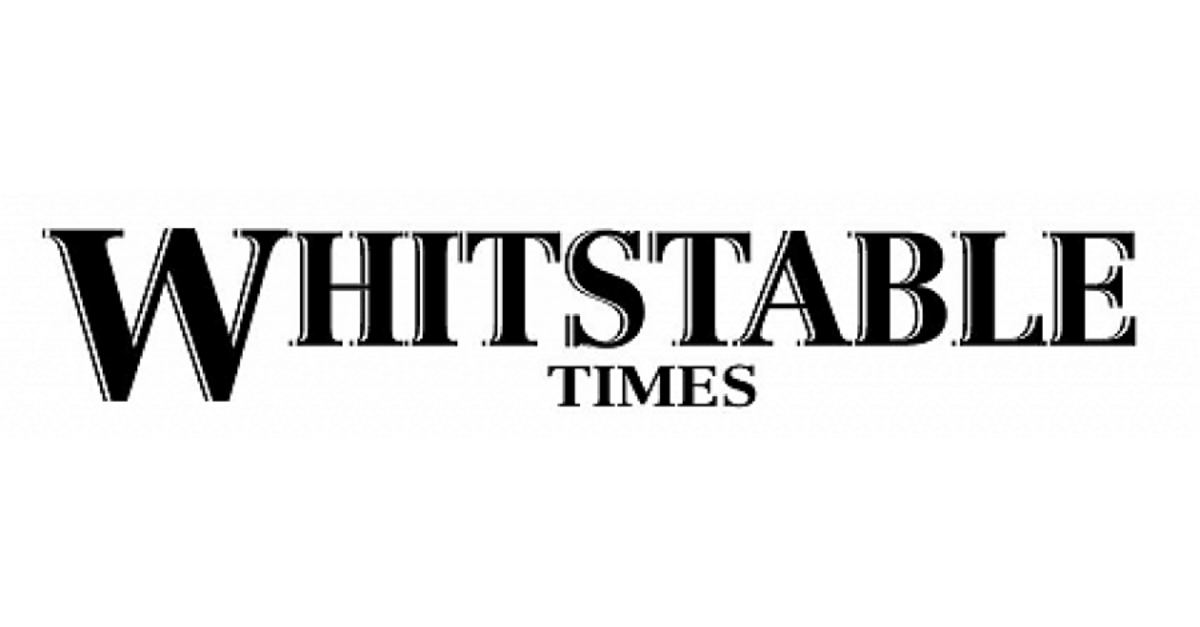Is the United States of America a real democracy?
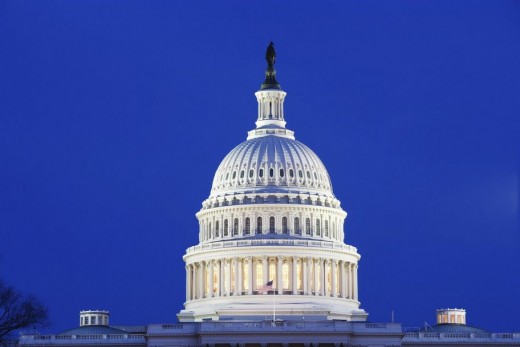
When government become the stakeholder of a privately own company the voice of the citizens become the voice of the company.
Democracy is the process by which governmental power is politicized by citizens under a free electoral system. But can the electoral system be so free that it causes the citizen’s choice to lead them into a plain field of nowhere. Since in some countries presidents are elected by the people, in Haiti's case this country function under a true democratic system.
However, a true democracy often pushes its leaders to plan for a lifelong presidency. And as a consequence, deals are made against public interest to assure these leaders of their power. Nevertheless, they may be several types of democracy; it will all depend on how democracy is legislated to prevent an uneven distribution of political power.
In the United States, we have what is known as separation of power, which is a system by which states have independent power and responsibilities. Regardless of that fact, some can still argued that there are no absolute separations of power under a democratic system.
In a way they would be right because truly, it’s all depends on the demographic of the house representatives. Nonetheless, true (direct) democracy does exist in some society, although it doesn’t always work as it should, no one can say for certain that it has not been attempted.
Unlike the United States, citizens who are being governed under a true democratic system do not elect their president of choice on the basis of Electoral College. These citizens elect their president directly, each single vote count. People under a true democracy supposedly have direct say but somehow their voices are not always heard.
In this society, the upper class very often clashes with the lower class. They choices on political leadership, governmental rules and regulation frequently differ. Since the upper class tends to own most of the businesses, they feel as though they opinion shouldn’t be compared with that of someone who has no idea of what democracy means.
With that in mind, let us go back in history for a minute. Way back in time, before they were government, existed only businesses, but they couldn’t continue to exist without protection. So they hired people to protect their business. The more money they generated the more protection they desired. As a result, government was formed therefore we can say governments were created to protect businesses. So why should it be any different now. It would seem that under a democratic system, those who create jobs for citizens in this country do have a big stakes in it and their voices should reflect that stake.
However, when government becomes the stakeholder of a privately or publicly traded company, the citizen’s voices becomes the voice of the company. They then dictate who should run the company. It is very similar to a joint venture the only different there is that it’s the citizen of the country who should dictates who should run the company.
Since it’s their tax money that is invested they voices becomes the dominant voice. Likewise, we can also argued, since we elected a commander in chief to represent us, he does what he thinks would benefit us and the country. In regard to this, we can then say under a democratic system, those we elect to represent us, makes decision on our behalf but it does not mean that we’re under any obligation to accept every choice that is made on our behalf.
Under a democratic system, they is no absolute separation of power, it all depends on which political party control the house. Hence, if the house is control by more democrat than republican, the president being a democrat will gain the advantage of having his bills pass. If republicans do not like the bill, they may choose to filibuster, but more often than that it will have no effect without some democrats on their side. Whereas these options are possible under an indirect democratic system, there are not available under a true democracy. True democracy do not represent the voice of big stakeholder, they represent only the voices of single individual citizens.
If a domestic company’s business model involves export to other country, than they success benefits their country of origin. This company is obviously bringing money into the economy of his country and by doing that; they have reduced the capital flight of that country. Well then, can we obviously say that this company should have equal say as a citizen who pays his taxes on a regular basis?
That’s the problem with direct democracy; citizens under a direct democratic society have equal say as those corporations that contribute to the country’s economic success. That often create conflict between corporations & members of the government which sometime resulted into a coup d’état.
However, no one is saying that corporation won’t take advantage of their power to abuse the citizens of the very country they're contributing to. This is why the voice of the citizens under an indirect democratic system is important. Revolting against a company’s business practice that does not correspond with governmental laws and regulations must be taken seriously.
The government in this case must step in to protect citizen’s interest as oppose to the corporation. That is a government of the people by the people and for the people in the interest of corporation. Not quite because some can argue that no government that is for the people can at the same time be in the interest of corporations - they may be right.
Under an indirect democracy like we have in the United State, citizens do have equal access to power, it’s all depends on the people of that society. If we want freedom of political expression, freedom of speech and freedom of press, we’ve got to fight for it. No government wants to give complete power to its citizen, that’s the reason why some corporations would rather that we remain unaware. In this case, it doesn’t matter if the political party is democrat or republican, the choice is ours, if we want our rights to be respected, we must be at the front line at all times.
As I said before, those with political status are like empty vessels, they purpose is to carry us over to their destinations of preference. If we were to separate the political status of the candidates, and just contemplate on ideas and belief, we might notice that it is not the status of the candidate that we honor, but only the values that they have shared with the people.
However, this president Barack Obama has done something different, his administration have used the Internet as a communication panel. In a way, you never truly know what the president is communicating to some members of the public if you’re not included in their database. And even if you were included, they can pick and choose which information goes to which states.
This is democracy at its best, having the public participate in decision making process is a good strategy and one that will take flight from now on. This system has made it very easy to target the new generation. Since the new generation is not one that reads news papers, than the best way to involve them, is via the Internet.


